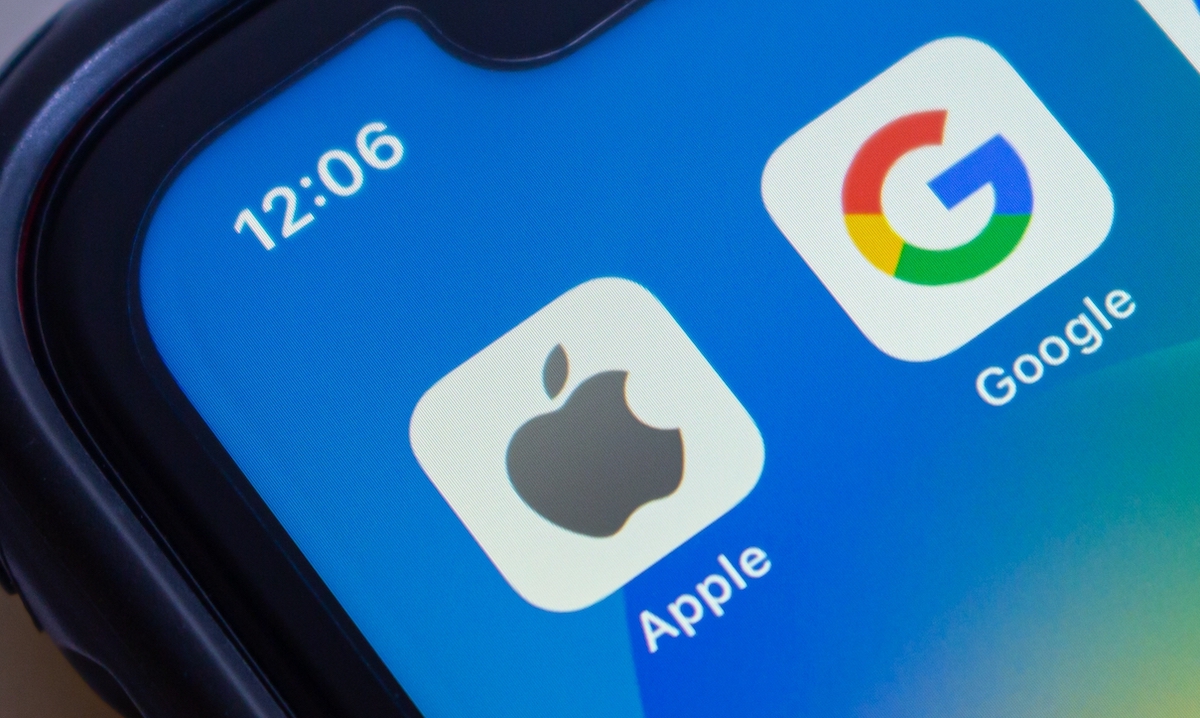As such, the CMA is proposing new guidelines for how the two tech giants operate in the U.K., according to a Wednesday (July 23) press release.
“Apple and Google’s mobile platforms are both critical to the U.K. economy — playing an important role in all our lives, from banking and shopping to entertainment and education,” CMA CEO Sarah Cardell said in the release. “But our investigation so far has identified opportunities for more innovation and choice.”
The CMA’s investigation found concerns among businesses and customers about both companies, including “inconsistent and unpredictable” app review processes, which can lead to uncertainty for developers and delayed or failed launches, per the release.
The regulator also found “inconsistent app store search rankings,” which could favor apps owned by Google and Apple, as well as commissions of up to 30% on some in-app purchases and restrictions on developers “steering” customers outside the app stores, according to the release.
The CMA’s proposed conduct requirements for the companies could involve letting app developers guide users to better offers beyond the two app stores and giving consumers “a genuine choice over the services they use on their devices,” the release said.
In a Wednesday blog post, Google Head of Competition Oliver Bethell called the CMA’s announcement “disappointing and unwarranted.”
“We estimate that Android has saved developers over 1 million days they would otherwise spend adapting to different operating models for each smartphone — the equivalent of [300 million pounds (about $408 million)] in reduced costs,” Bethell wrote. “It is therefore crucial that any new regulation is evidence-based, proportionate and does not become a roadblock to growth in the U.K.”
A Wednesday report on the CMA’s plans by The Wall Street Journal included this statement from an Apple spokesperson: “We’re concerned the rules the U.K. is now considering would undermine the privacy and security protections that our users have come to expect, hamper our ability to innovate, and force us to give away our technology for free to foreign competitors.”
The CMA said in January it would begin launching new investigations into Big Tech thanks to the new “digital markets competition regime,” which came into force Jan. 1.
The new regime lets the CMA designate companies with “strategic market status” in relation to certain digital activity and impose conduct requirements or pro-competition measures.
While the announcement didn’t mention Apple or Google by name, it came weeks after a CMA study determined the two companies’ mobile ecosystem policies were “holding back innovation” in the U.K.
